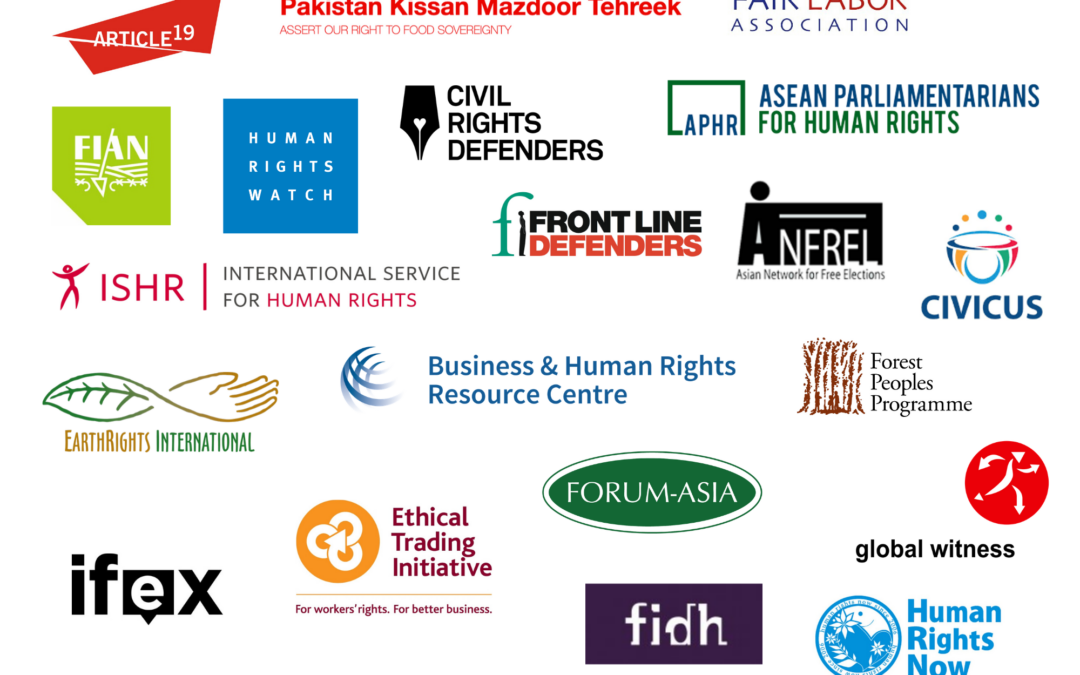
Jul 22, 2020
Today, the ICJ and 31 other civil society organizations released a joint letter urging the Governments of Australia, Canada, Finland, France, Germany, India, Japan, New Zealand, Sweden, the Netherlands, the Republic of Korea, the United Kingdom and the United States of America to echo the European Union (EU) in its call for the respect of human rights in Cambodia.
As the Cambodian government continues to crack down on civil society, independent media, the political opposition and human rights defenders, the organizations urged the Governments, acting collectively and bilaterally, to call on the Cambodian government to take concrete action without delay to address the deteriorating human rights situation; comply with its obligations under international human rights law; and support the EU in its efforts to bring respect for human rights, rule of law, and democracy to the Cambodian people.
On 12 August 2020, the EU will partially suspend Cambodia’s “Everything But Arms” tariff preferences in response to the Cambodian government’s “serious and systematic violations” of four human and labor rights conventions: the International Covenant on Civil and Political Rights (1966), the International Labor Organization (ILO) Convention concerning Freedom of Association and Protection of the Right to Organize No. 87 (1948), the ILO Convention concerning the Application of the Principles of the Right to Organize and to Bargain Collectively, No. 98 (1949), and the International Covenant on Economic, Social and Cultural Rights (1966).
The joint letter is available here.
Contact
Frederick Rawski, ICJ Asia and Pacific Regional Director, frederick.rawski(a)icj.org
Read also
Cambodia: ICJ joins call to renew mandate of Special Rapporteur, address abuses
Cambodia: NGOs call for heightened scrutiny by UN
Achieving Justice for Gross Human Rights Violations in Cambodia: Baseline Study
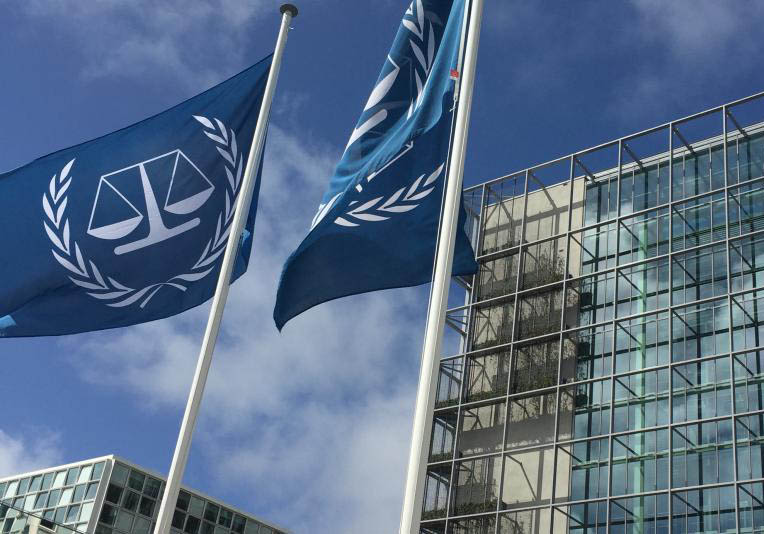
Jun 18, 2020
The ICJ has urged United Nations Special Procedures to act in response to recent steps taken by the United States against staff of the International Criminal Court (ICC) and their families.
On 11 June 2020, the US President signed an Executive Order declaring a national emergency and authorizing the targeting and sanction of individual staff of the ICC engaged in efforts to investigate US and allied personnel, including as part of the Prosecutor’s investigation of the situation in the Islamic Republic of Afghanistan.
“These actions constitute a direct and reprehensible attack on the independence and impartiality of the International Criminal Court in an effort to subvert its important mandate, which includes providing justice to victims of the most serious crimes in international law,” said Kingsley Abbott, Coordinator of the ICJ’s Global Accountability Initiative.
“By referring the situation to the UN Experts, we hope they will issue a formal communication of concern and seek to persuade US authorities to end their ongoing attacks against the ICC and its staff.”
The ICJ addressed its letter to Ms Mary Lawlor, Special Rapporteur on the situation of human rights defenders, Mr Diego García-Sayán, Special Rapporteur on the independence of judges and lawyers, Mr Fabian Salvioli, and Special Rapporteur on the promotion of truth, justice, reparation and guarantees of non-recurrence, urging them to:
- issue a public statement condemning these actions and reaffirming the importance of the ICC and its staff being able to fulfil the Court’s mandate free from interference; and
- send a communication to the United States urging it to reverse or revoke all orders, laws, policies or practices that interfere in or undermine the work of the ICC and its staff and refrain from taking steps or making comments in the future which may amount to interference in the independence and impartiality of the Court.
Background
On the same day the Executive Order was signed, US Secretary of State, Michael Pompeo, spoke to the media at a joint press conference.
Calling the ICC a “kangaroo court”, he announced that “the Trump Administration is taking the following actions”:
- authorizing the imposition of economic sanctions against ICC officials directly engaged in the ICC efforts to investigate U.S. personnel or allied personnel against that allied state’s consent, and against others who materially support such officials’ activities; and
- expanding visa restrictions for officials directly engaged in those same investigations including to their family members.
The UN Special Procedures of the UN Human Rights Council are independent human rights experts who hold specific country-focussed or thematic mandates.
They carry out a number of functions including reporting to and engaging in dialogue with States and civil society at the Human Rights Council, conducting country visits, engaging in advocacy, and acting on individual cases and concerns of a broader nature by sending communications to States and others in which they bring alleged violations to their attention.
On 21 September 2018, together with ten other organisations, the ICJ sent a joint letter to UN Special Procedures regarding threats made by the then US National Security Adviser, John Bolton, against the ICC and its staff in September 2018.
On 22 March 2019, UN experts Mr Michel Forst, then Special Rapporteur on the situation of human rights defenders, and Mr Diego García-Sayán, Special Rapporteur on the Independence of Judges and Lawyers, issued a press release expressing concern at Bolton’s remarks, reaffirming the important mandate of the ICC and saying they were in contact with the US authorities on the issue.
Contact
Kingsley Abbott, Coordinator of the ICJ’s Global Accountability Initiative, t: +66 94 470 1345; e: kingsley.abbott(a)icj.org
Universal-Letter to SP re ICC & US-Advocacy-Open letters-2020-ENG
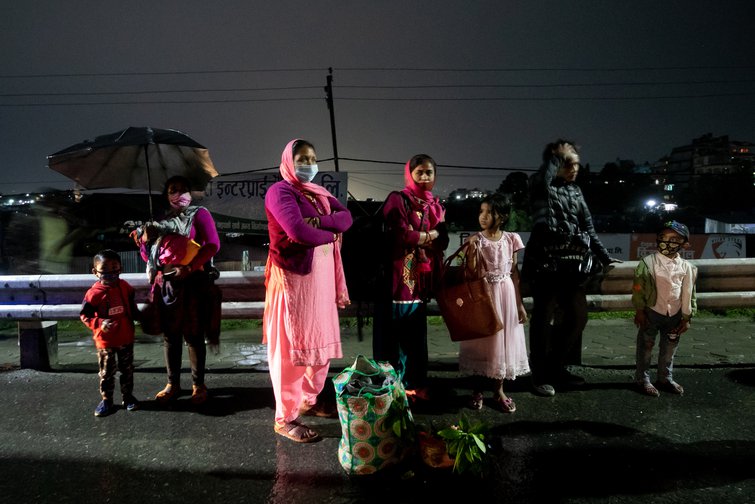
May 27, 2020
Today the ICJ joined 83 other signatories in calling on States, donors and other stakeholders to protect and promote the rights of stateless persons in their Covid-19 responses.
The call stresses that stateless people who are denied and nationality and deprived of human rights and welfare are facing greater, life-threatening marginalization.
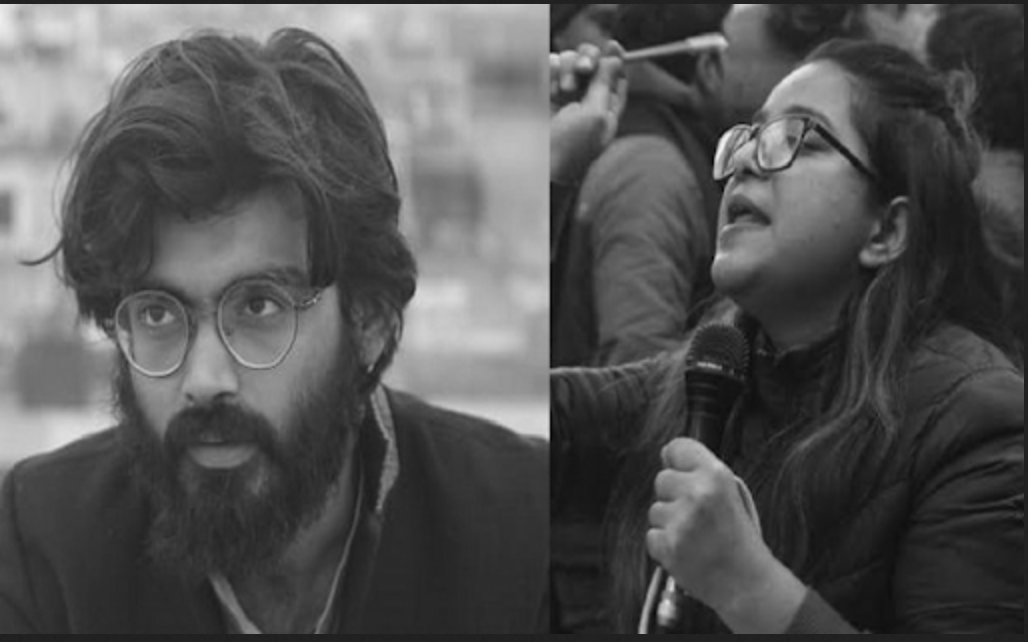
May 27, 2020
The ICJ, together with 24 other civil society organizations, sent a joint open letter to the Indian Government calling for the release of human rights defenders, all detained under the Unlawful Activities (Prevention) Act (UAPA).
Mr Amit Shah
Union Home Minister of India
Ministry of Home Affairs
Government of India
Re: Release human rights defenders at risk in the context of COVID-19
Dear Home Minister,
We, the undersigned organizations, write with great concern regarding the situation of student activists Safoora Zargar, who is four months pregnant, Meeran Haider, Shifa-Ur-Rehman and Sharjeel Imam, all detained under the Unlawful Activities (Prevention) Act (UAPA). We believe their detention is unfounded and designed to punish them for defending human rights and engaging in peaceful protest against a discriminatory law. In addition, their being jailed in the context of the COVID-19 pandemic is unnecessarily putting their lives and health at serious risk. We urge you to immediately and unconditionally release all four activists, as well as other persons who have been detained, charged, or convicted simply for defending human rights and exercising their right to freedom of expression and peaceful assembly.
Safoora Zargar, Meeran Haider and Shifa-Ur-Rahman are student activists who were involved in protests against the Citizenship (Amendment) Act (CAA) and arrested in April 2020. Safoora Zargar, Meeran Haider and Shifa-Ur-Rahman, were arrested by the Delhi Police on 10 April, 1 April and 24 April on charges of rioting and unlawful assembly, reportedly in connection with their alleged role in the demonstrations.The CAA legitimises discrimination on the basis of religion and contravenes the Constitution of India and international human rights law. Student activist Sharjeel Imam was arrested in January 2020 under charges of sedition for his speech during anti-CAA protests. The additional charges under UAPA were brought in April 2020. All of them are currently in pre-trial detention.
Their situation is not unique. For example, on 14 April 2020, the authorities also detained human rights activists Anand Teltumbde and Gautam Navlakha under the UAPA for allegedly inciting caste-based violence during a 2018 demonstration in Bhima Koregaon, Maharashtra state. Nine other activists have been detained since 2018 in relation to the same case. They are known for their work defending the rights of Adivasi and Dalit communities and should all be released immediately.
We are seriously concerned that the Indian authorities have routinely misused draconian, anti-terrorism laws such as the UAPA, to undermine human rights, stifle dissent and press freedom. This is even more concerning during the COVID-19 pandemic. The slow investigative processes and extremely stringent bail provisions under these laws mean that human rights defenders and others who speak out may face many years behind bars unjustly. In their communication to the Government of India on 6 May 2020, eight UN Special Rapporteurs and the Working Group on Arbitrary Detention raised serious concerns about the 2019 amendment to the UAPA regarding ‘the designation of individuals as “terrorists” in the context of ongoing discrimination directed at religious and other minorities, human rights defenders and political dissidents, against whom the law has been used.’ They also noted that non-violent criticism of state policies or institutions should not be made a criminal offence under counter-terrorism measures in a society governed by the rule of law and abiding by human rights principles and obligations. Arrests of peaceful protesters violate India’s obligations under international law, specifically the International Covenant on Civil and Political Rights (ICCPR), to respect and protect the rights to liberty, to freedom of expression and peaceful assembly, set out in Articles 9, 19 and 21 of that treaty.
On 25 March 2020, the UN High Commissioner for Human Rights urged all states to release “every person detained without sufficient legal basis, including political prisoners, and those detained for critical, dissenting views” in response to the COVID-19 pandemic. With at least 200 prison inmates and jail staff testing positive for the COVID-19 across India, including in Maharashtra, Madhya Pradesh and Karnataka, when the authorities misuse draconian laws to detain activists and human rights defenders, including peaceful protesters, they are not only persecuting them, they are unnecessarily putting their lives at grave risk.
In addition, Safoora Zargar’s pregnancy makes her release even more urgent, particularly amid the COVID-19 pandemic. The United Nations Rules for the Treatment of Women Prisoners and Non-custodial Measures for Women Offenders, also known as the Bangkok Rules, recommend that while deciding on pre-trial measures, non-custodial alternatives should be preferred for pregnant women where possible and appropriate.
The Indian authorities need to ensure that, as they apply the Supreme Court of India’s directive to decongest prisons to contain the spread of COVID-19, they immediately and unconditionally release student activists Safoora Zargar, Meeran Haider, Shifa-Ur-Rehman and Sharjeel Imam who remain in jail simply for peacefully exercising their right to freedom of expression by opposing the discriminatory law. They should also immediately release the 11 rights activists and journalists jailed in the Bhima Koregaon case.
The fight against the pandemic must be inclusive and not selectively used to dissuade and prevent human rights defenders from exercising their human rights.
Download
India-Release-HRDs-COVID19-Joint-Open-Letter-2020-ENG
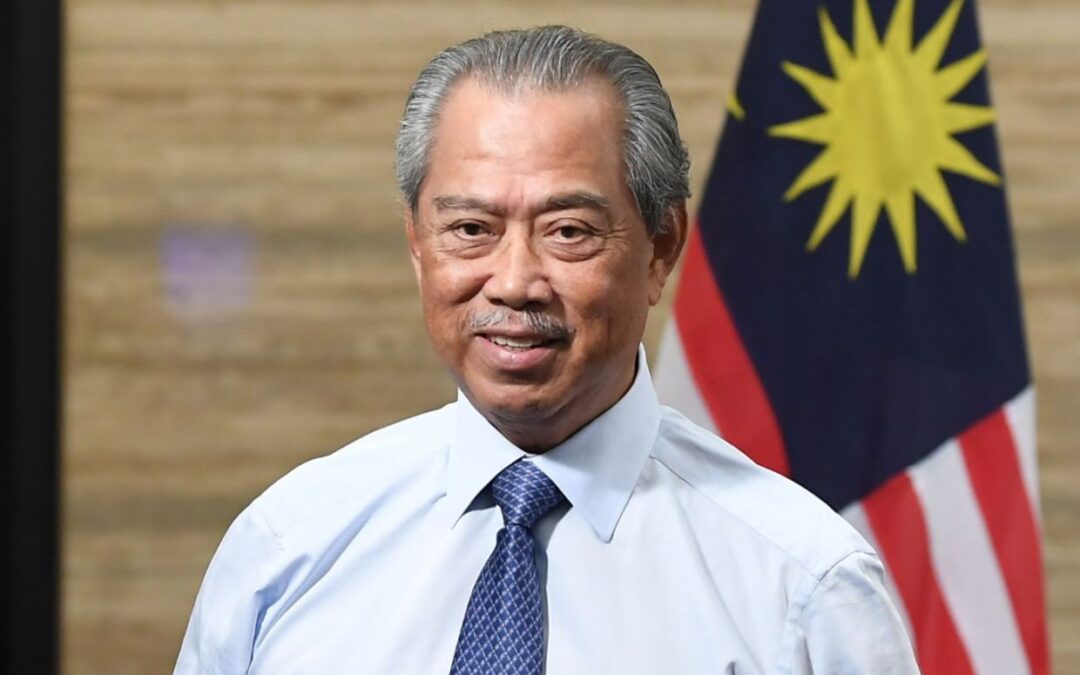
May 11, 2020
Today, ICJ and 83 other organisations sent a concerning joint letter to the Prime Minister of Malaysia on the response of the Government to threats of violence and ‘hate speech’ directed at ethnic Rohingya refugees and asylum seekers in the country.
Download the letter here.









